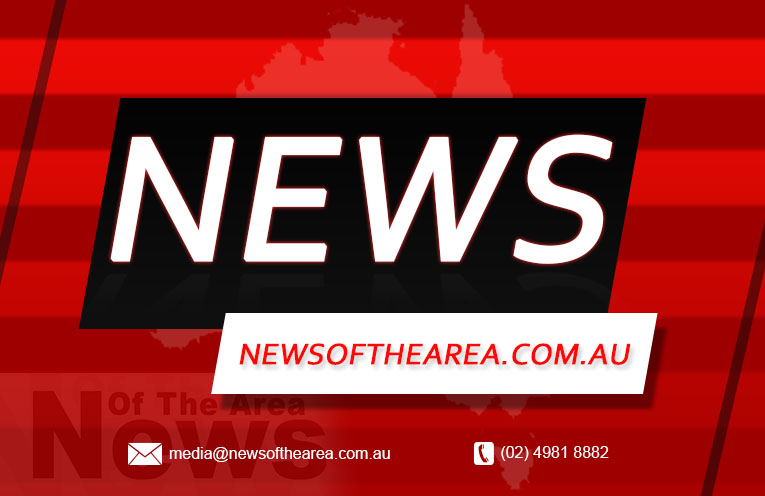
SEVERE weather has continued to lash the Hunter region, with multiple heatwave and storm warnings released over the past week.
Separate heatwave warnings were issued by NSW Ambulance on Saturday 25, Monday 27, and Tuesday 28 January, followed by fierce electrical storms each time.
 Advertise with News of The Area today.
Advertise with News of The Area today.It’s worth it for your business.
Message us.
Phone us – (02) 4981 8882.
Email us – media@newsofthearea.com.au
As of Monday 3 February, the Bureau of Meteorology (BOM) was predicting a low-intensity heatwave for much of the Hunter region for the coming three day period.
These first several weeks of 2025 have developed into a familiar seasonal pattern, that of very hot weather with rampant humidity, culminating in severe electrical storms, and the infrastructural issues that inevitably eventuate.
NSW Ambulance urges people to prepare, and keep an eye on the BOM forecasts.
“Prepare now by identifying cool areas in your home, avoid any strenuous activity outside in the hottest part of the day and make sure you stay hydrated by drinking plenty of water,” said NSW Ambulance Acting Chief Superintendent Anna Hunter.
The advice from NSW Ambulance is as follows:
Keep cool – seek air-conditioned buildings, draw your blinds, use a fan, take cool showers and dress in light and loose clothing made of natural fabrics.
Avoid the heat – schedule activities in the coolest part of the day and avoid exercising in the heat.
Check in on vulnerable people – some people are at greater risk of heat-related health problems, including those aged 65 years and older, babies and young children, and people with some medical conditions.
Never leave children or pets in a vehicle – this can be fatal, as the temperature inside a parked car can double in minutes.
Signs of heat-related illness can include headache, dizziness, nausea and vomiting, fatigue and cramps.
People with these symptoms should move out of the sun and seek shade or use a fan or air conditioning, take a cool shower or bath if possible and take sips of water.
People who do not respond to these steps or who show symptoms suggesting a more severe illness, including a sudden rise in body temperature, who are no longer sweating, showing aggressive or strange behaviour or who are fitting, should seek urgent medical attention or call Triple Zero (000).
It is significant to note that an individual who appears not to be sweating may already be entering a more severe health state.
For further information, updates and advice go to the NSW Ambulance website or follow NSW Ambulance on Facebook, Instagram and LinkedIn.
For the latest weather forecasts and heatwave warnings go to the Bureau of Meteorology (BOM) website.
By Thomas O’KEEFE
